Michael Schumacher remains in a coma, weeks after a skiing accident at Meribel, in the French Alps. The doctors say they cannot yet judge the effect of the head injuries he suffered. If he does recover, Schumacher will be able to read some rather tasteless quasi-obituaries that have appeared in the media and he will discover that he had more friends than he might ever have imagined.
I am not about to suddenly change my views about someone because they are in intensive care. Schumacher was immensely talented, but I never really got on with him. I was always sad that his flaws undermined his achievements.
When he exploded into F1 in 1991, we welcomed him with open arms. He was racing for Jordan, the ever-popular underdog, but almost immediately he was spirited away to Benetton in rather questionable circumstances. Three years later in Adelaide, the steely cynicism was highlighted when he deliberately took out Damon Hill to win the world championship. It showed in the clearest possible way that Schumacher’s moral compass as a sportsman was broken.
In 1997 we saw the same flaw again when he tried to do the same to Jacques Villeneuve at Jerez. His celebrated ‘parking’ offence in qualifying at Monaco in 2006 and his insistence on complete domination within a team were further illustrations of the same point.
From interviews in the early years, we learned that the real Michael Schumacher was not available to the media. What we got instead was a plastic Action Man figure with not much to say. But in Germany, for reasons best left to sociologists, he struck a chord with working-class Germans when they needed a symbol of success. They loved him, and still do.
We suspected that beneath the facade there was a decent and simple guy. Schumacher could be incredibly generous and worked hard for a number of causes, notably road safety. And he could be very human. When Ferrari retired him at the end of 2006, he seemed rather lost. He went a bit wild, went motorcycle racing and then returned to F1, the place where, ironically, he felt safest.
Perhaps Schumacher was the personification of the effects of commercialisation in sport. He certainly changed attitudes. He was successful because he was fitter, more focused, more aggressive and more ruthless than the rest. Those who followed used him as a role model. He did what he had to do to win, and if he felt bad about it, he hid it well.
On one famous occasion we saw a chink in that armour. After he won the Italian GP in 2000, someone asked him about matching Ayrton Senna’s record of wins. He broke down and wept uncontrollably. He clearly felt some responsibility for the death of Senna and admitted that perhaps he had pushed the Brazilian too hard. For me, Monza 2000 was Michael the good guy colliding with Michael the bad guy.
Luck is part of every F1 career, and Schumacher was certainly lucky. His incredible record (undermined a little by his unsuccessful years at Mercedes) was enhanced because Senna was gone and Mika Häkkinen was not at his best for some years after a near-death experience in 1995. Many times things happened in races just when Schumacher needed them to happen, and I always wondered whether at some point later in his life his luck would run out. Perhaps that’s what happened in Meribel.

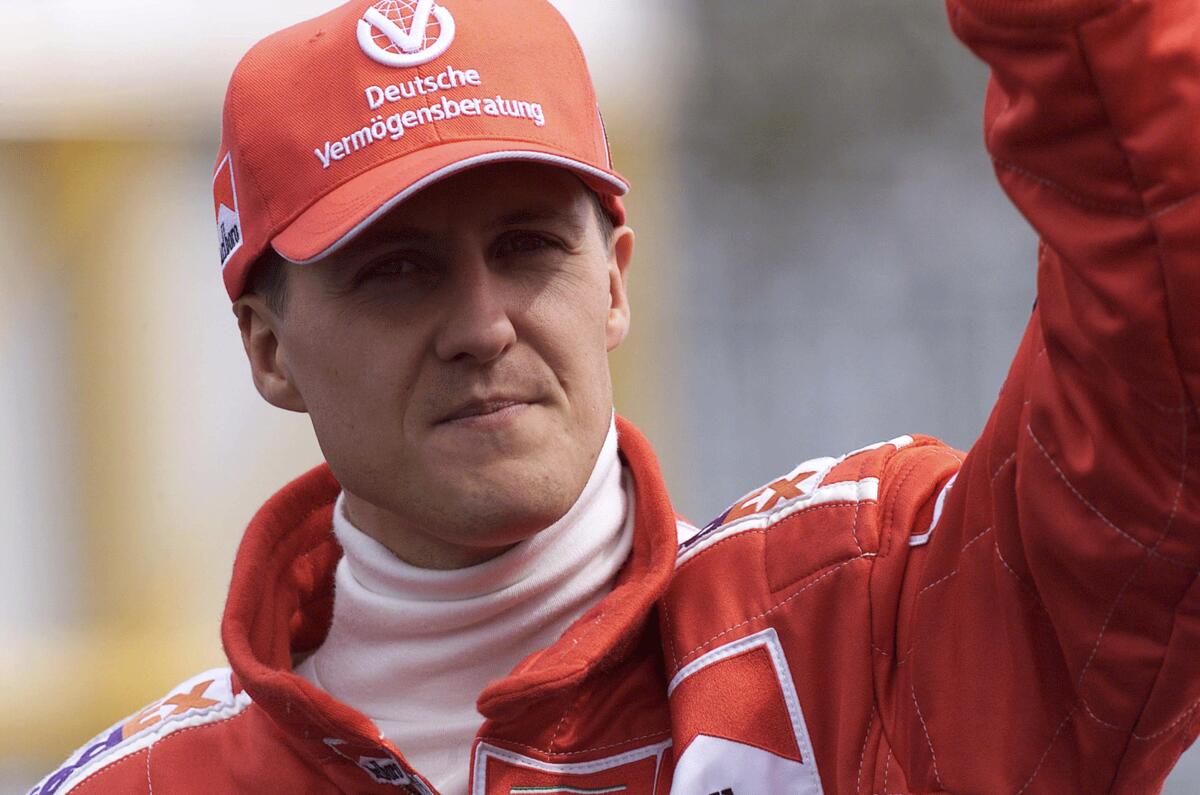
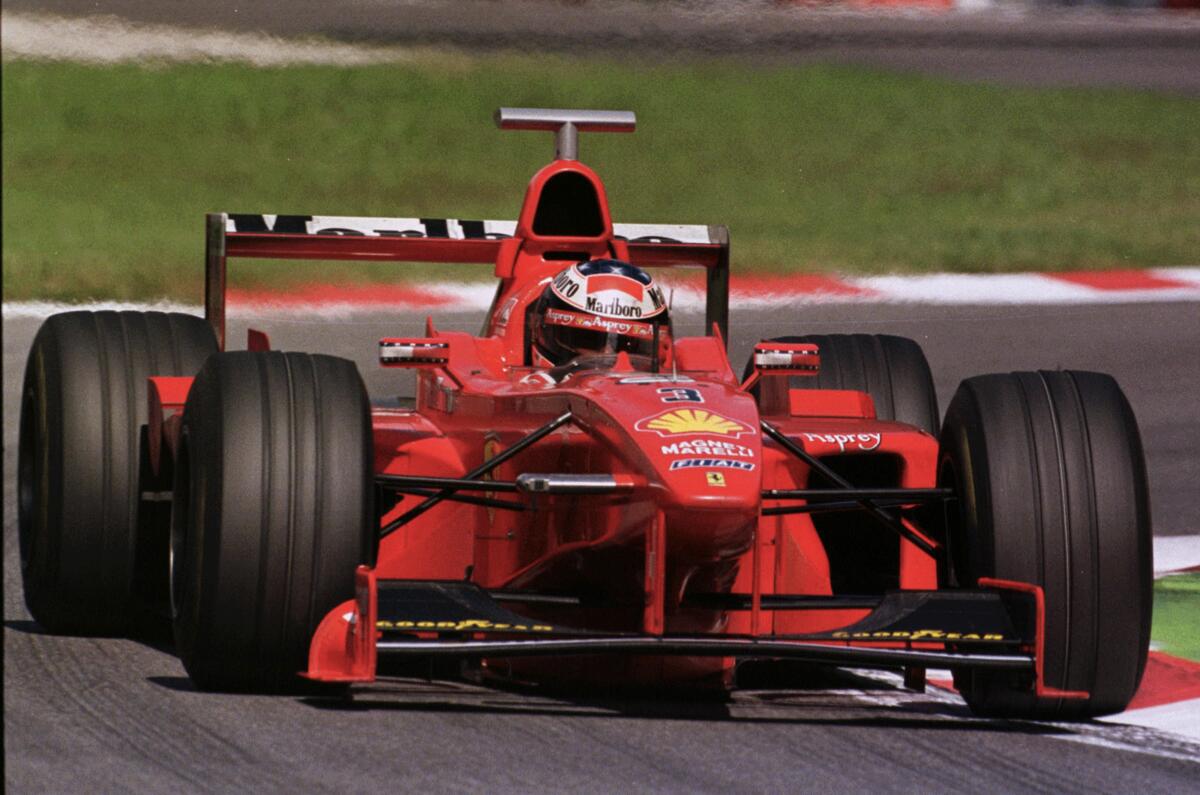
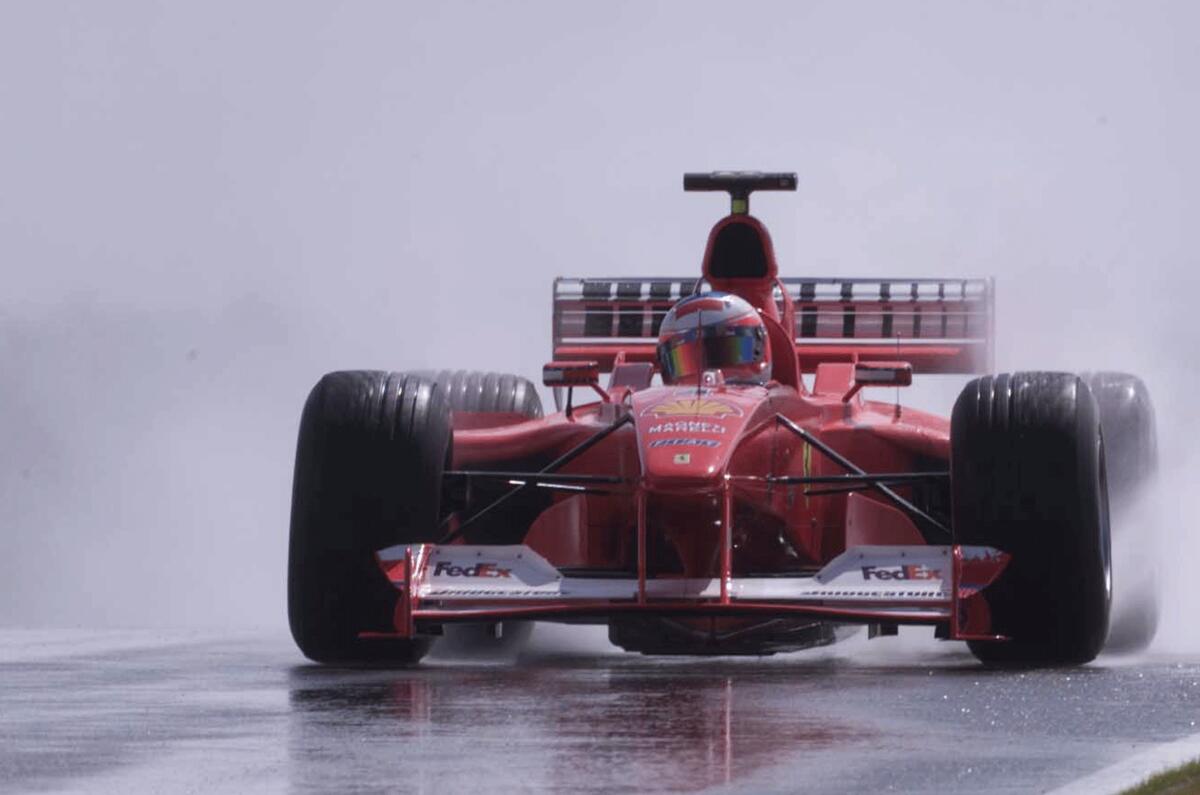
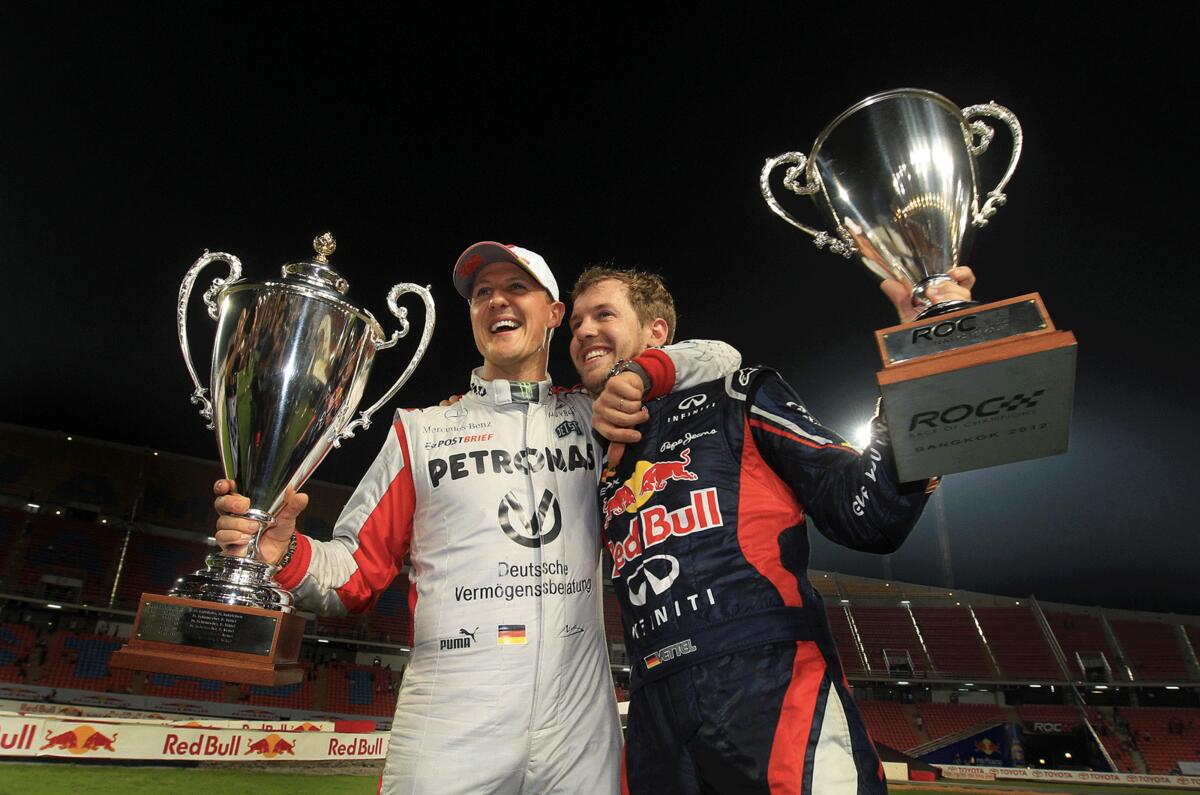

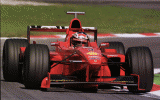

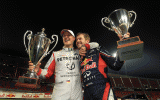

Join the debate
Add your comment
Is there any point to this article?
Schumacher
@Dave
As to Senna. "Pushing people hard on the track..." is the very essence of motor racing. I doubt Senna, had he lived, would have complained. Perhaps Mr Saward has a different view? Schumacher has in no way expressed culpability for the death of Ayrton Senna. Until this article, neither did anyone else impute this to him. However, to do so when the man lies in a coma is deplorable. Worse, he conflates Schumacher's subsequent success with the death of Senna. This is something which is below the standards expected of Autocar and is deeply abhorrent to anyone with a love of the sport.
Also - the "tallying" of luck, etc - this is a weird concept beloved of the likes of David Icke and Glenn Hoddle. It is vile hokum and has no place in the pages of Autocar.
"I truly hope..." Mr Saward states this, it appears, as a disclaimer, for his article suggests nothing of the kind. He should retract the entire piece and apologise. Mr Saward appears to have a grudge; he is welcome to his views, of course, but it is rather shocking to stumble upon them in Autocar.